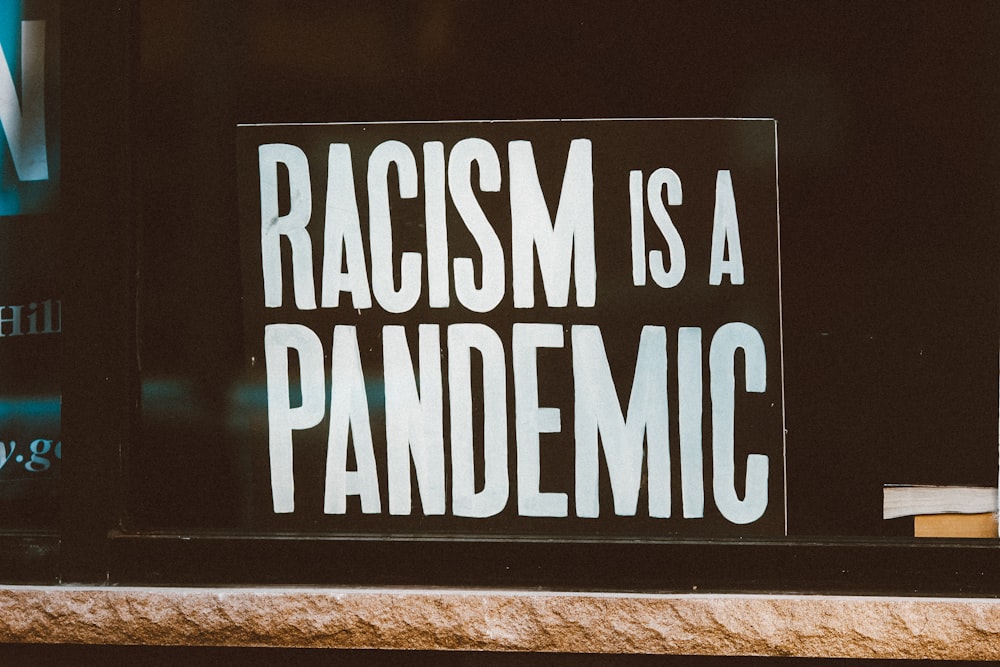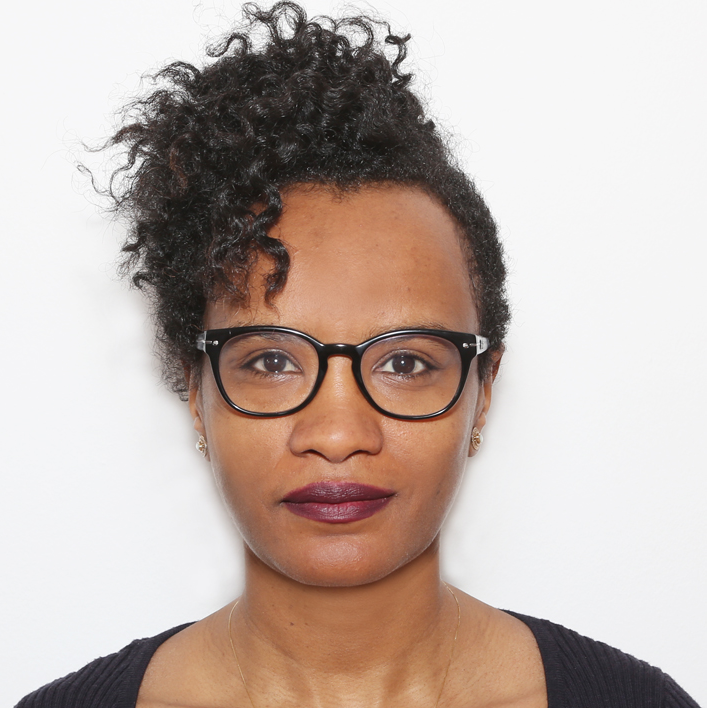
COMMENT Dr Serawit Debele 14 May 2021
Introducing this series, Prof. Kaime writes about the dangers of the pacifying tendencies from those who “suggest a toning down of the rhetoric on account that it is too radical or too offensive or that it does not build bridges.” These tendencies are exactly what James Baldwin summarised as the demand to “make peace with mediocrity”.[1] On several occasions, Baldwin was accused of both bitterness and exaggeration every time he tried to point out structural systemic and institutional problems underlying the US democracy. This accusation stems from an expectation that the ask has to always be managed in a way that does not inconvenience and disturb individuals, especially those well meaning ones. Nowhere is this more visible than in the debate James Baldwin had with Paul Weiss on “The Dick Cavett Show” in 1969.[2] Baldwin was confronted by Weiss for obsessing with his colour, as opposed to counting his success as an individual. The highly offended Weiss gaslit Baldwin about his own and the experience of the large majority of African Americans. Baldwin’s response was calmly pointing out to Weiss and the world then and now, that he can’t establish how black people are seen by individual white folk. But he knows there are institutional and systemic problems against which the racially discriminated had to struggle for equality, better material conditions as well as human dignity. Instead of focusing on individuals, Baldwin invites Weiss to observe the schools, the churches, the real estate as manifestations proving the socio-economic and political discrimination. Though one hopes times have changed, there is a staggering similarity between what is going on in the world today to what black people were undergoing a few decades ago.
Anytime questions of racial (in)equality are raised (with their socio-economic and cultural implications), individual’s upward mobility within the liberal establishment is cited as sign of progress and thereby silence what comes across as radical. Individuals are prized as making it through hard work within an increasingly inclusive institutional culture (let’s not talk about tokenisation for now). Within this liberal framework that focuses on the individual, the question of broader social justice (and how histories, structures and institutions shape it) is sidelined. People are asked to tone themselves down, be less bitter and focus on achievements as well as future promises. After all those on the route of upward social mobility are the evidence that things are changing. They, of all the people, should be the models showcasing the strides made. In the face of all this progress, to raise questions like those Kaime echoed in his previous writing is to be ungrateful and it is a failure to acknowledge how far we have come. But it cannot be emphasised enough that to be expected to manage the ask in a way that does not upset structures and systems responsible for the dispossession (cultural, economic, political, psychological, social) of black people is to be asked to make peace with mediocrity. However, the liberal style of counting individuals who beat the odds as parameters of change, is a distraction from an intersectional way of dealing with questions of dispossession (broadly conceived) in the struggle for a just world.
The idea that we have to look up to individuals climbing the glass ceiling within the capitalist order (the very condition that produces race, gender, class, sexuality among others as basis of exploitation) as proof of opened possibilities for members of the dispossessed is problematic. This is precisely why intersectionality refuses peace with mediocrity – that is the amplification of structurally insignificant change. Though it is okay to acknowledge individual achievement, it is crucial to organise the fight against exploitation and dispossession as an effort waged by historically produced groups whose socio-economic (dis)locations are determined based on their identities. Race is one such major category that determines the social-economic, political, cultural and psychological location of groups of people. Intersectionality enables us organise our politics more effectively because it attends to interwoven systems of oppression (as raced, gendered, sexed, classed).
Dr. Serawit Debele works at the Cluster of Excellence and the University of Bayreuth and received her PhD from the Bayreuth International Graduate School of African Studies. Her field of study is generally focused on historical and ethnographic approaches to trace the change and continuity of discourses on sexuality and how religious factors shape those discourses
[1] The Fire Next Time, James Baldwin, 1963.
